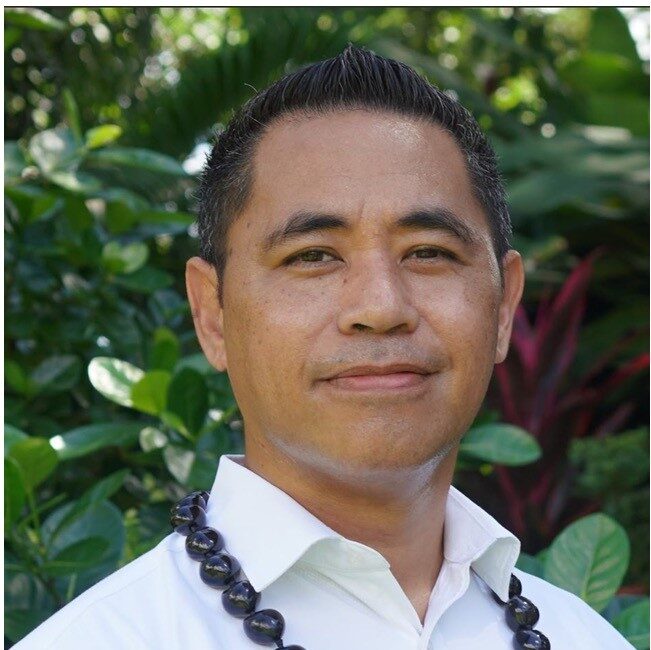
Sam Saili
Deakin University
Sam grew up in Samoa and graduated from Deakin University with a Bachelor of Commerce in 2000. He had received an AusAid scholarship to study in Australia. “I was looking for a university that could align IT studies and economics, and Deakin was the most suitable,” he said.
Being the early days of the internet, Sam didn’t have a pre-conceived impression of Australia before arriving. “I knew it would be more developed but the level of development was more than I could comprehend.” He enjoyed his time as an international student so much that he did think about staying on in Australia. He particularly valued the freedom to pursue any path or opportunity he wanted.
However, Sam did return to Samoa and after 5 years of working for the government and 5 years working for a telecom company launched SkyEye Pacific, a company specializing in bespoke technology solutions for the Pacific, with his brother and sisters. The company has pioneered projects from building a local version of Google Maps, which led to vehicle tracking system, to training drones to map the region. SkyEye Pacific also created the MAUA app, which, among other things, allows street vendors to list their stalls online using its mapping technology and use an in-house payment platform. The company continues to grow and now has offices in Samoa, Solomon Islands, Tonga and Vanuatu.
Sam, who was named a 2023 Gamechanger by Advance Global Australians, and his family are now focusing much of their work on data analytics and working with AI. “The Pacific is very data-poor”, he explains. “AI is dependent on data sets and if we don’t have them for the Pacific we can’t apply the benefits of AI.” SkyEye Pacific is very conscious of this and is conducting research and using data sets to train AI in the realities of life in the Pacific. Sam offers the example of ChatGPT: “when I asked ChatGPT what the Samoan flag looked like, it didn’t know – it produced a mix of an Australian and British flag. If we’re going to rely on AI to solve climate change, we need to put Pacific-specific information in there or it won’t be useful.”
SkyEye Pacific has spent the last 10 years trying to plug gaps in technology to make it fit-for-purpose in the Pacific, but still has a long way to go.
“In the next 10 years, hopefully the foundation we’re building will be built on. People will either see the benefit of those building blocks and come up with a better way to do things, or add their own ideas. We want to pave that path for people to improve on – we’re trying to build a robust ecosystem.”
Sam Saili
AI is key to that. Another project Sam is working on is training drones to classify damage to coconut tree leaves from the rhinoceros beetle to improve efficiency and livelihoods.
For those who want to follow his footsteps, he suggests not looking at issues from a technological standpoint. “You have to find the core issue and then find the technology that is applicable to that.” He notes it’s important to be on the ground working with people – “from there you’ll get a much better indication of what will work and can look for the tech that will assist you.”
He credits his time in Australia with building his capacity to be open-minded and learn about other people’s cultures and ideas. “Australian culture had a big effect on building my relationships. Knowing how our trading partners approach certain things and their mannerisms made it much easier to do business and collaborate.” He’s still in touch with fellow international students from Malaysia, Indonesia and Singapore and said they’ve taken on elements of Australian culture – like supporting the cricket team.
When asked what advice he might give to the first-year university student version of himself, Sam said he wouldn’t change anything. “It was the ideal way for me to learn and grow and I enjoyed every part of that journey. Each step had a purpose.”
From Australian Campuses to Global Careers